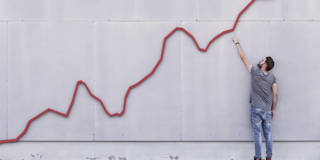GDP Fetishism
Striving to revive the global economy while simultaneously responding to the global climate crisis has raised a knotty question: are statistics giving us the right “signals” about what to do? The big question concerns whether GDP provides a good measure of living standards.
NEW YORK – Striving to revive the world economy while simultaneously responding to the global climate crisis has raised a knotty question: are statistics giving us the right “signals” about what to do? In our performance-oriented world, measurement issues have taken on increased importance: what we measure affects what we do.



NEW YORK – Striving to revive the world economy while simultaneously responding to the global climate crisis has raised a knotty question: are statistics giving us the right “signals” about what to do? In our performance-oriented world, measurement issues have taken on increased importance: what we measure affects what we do.